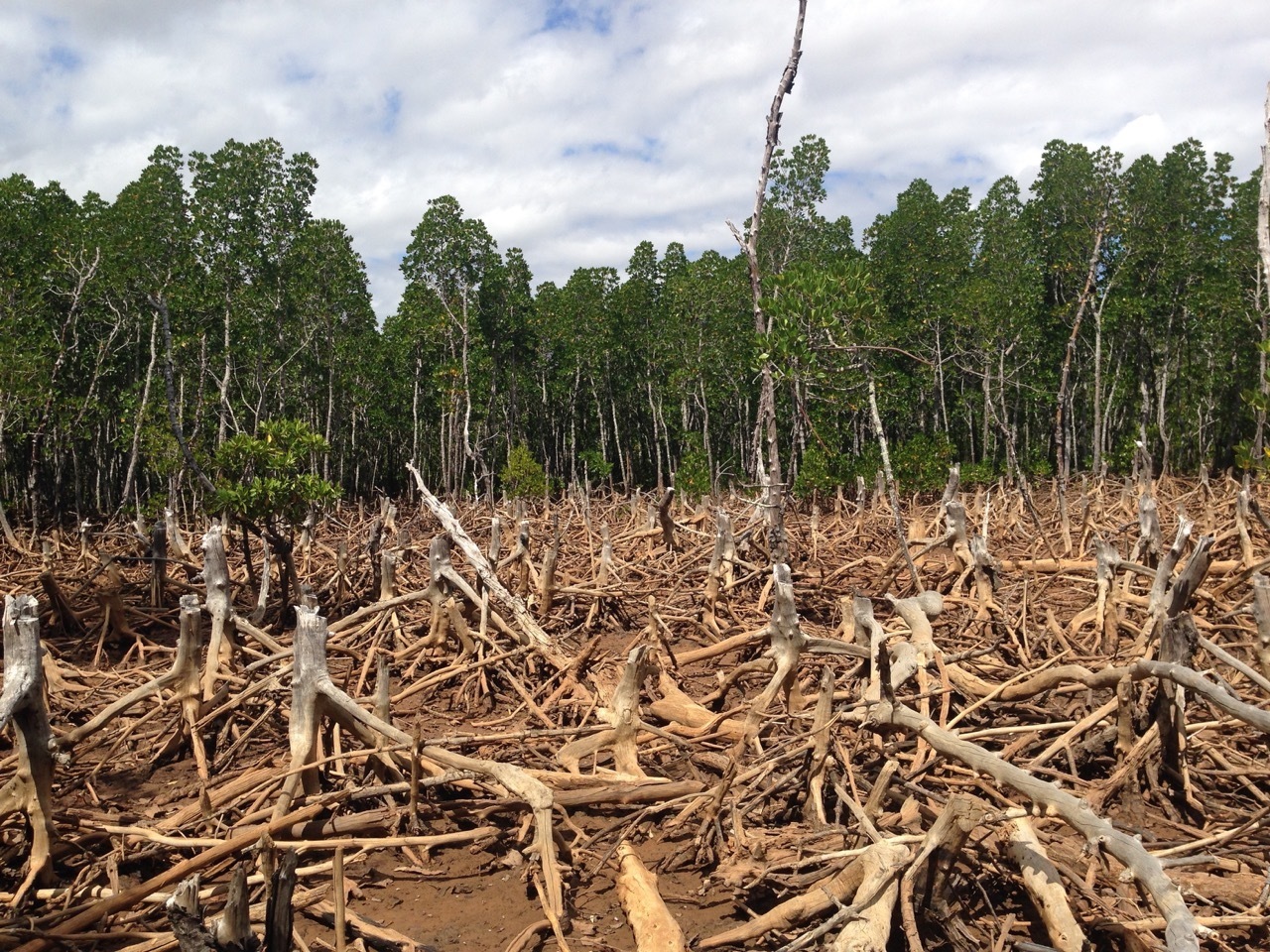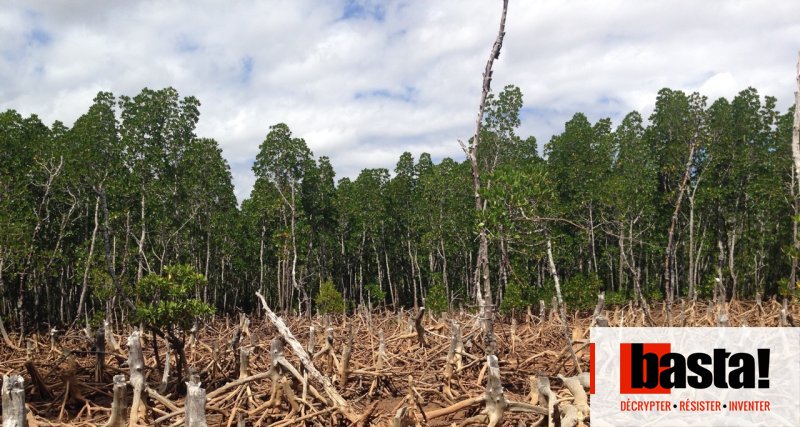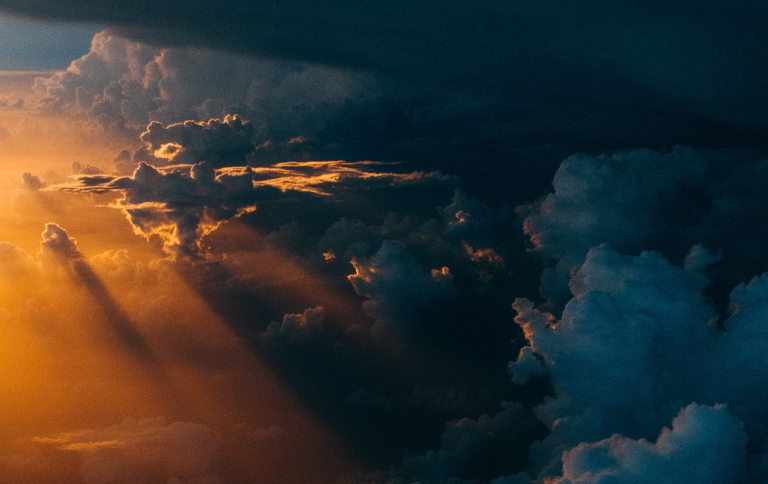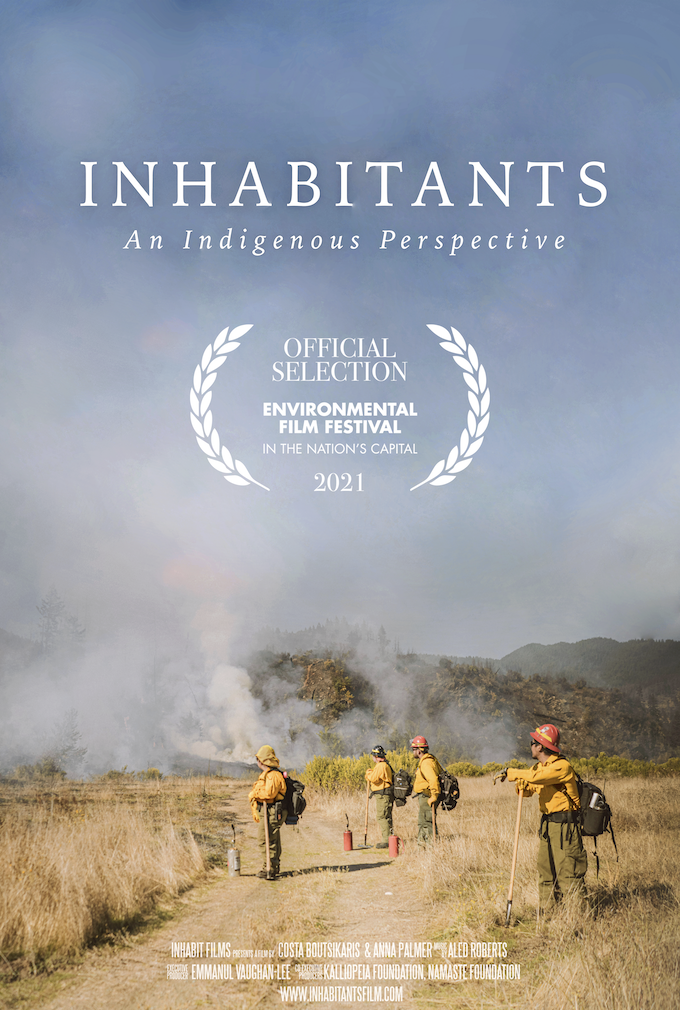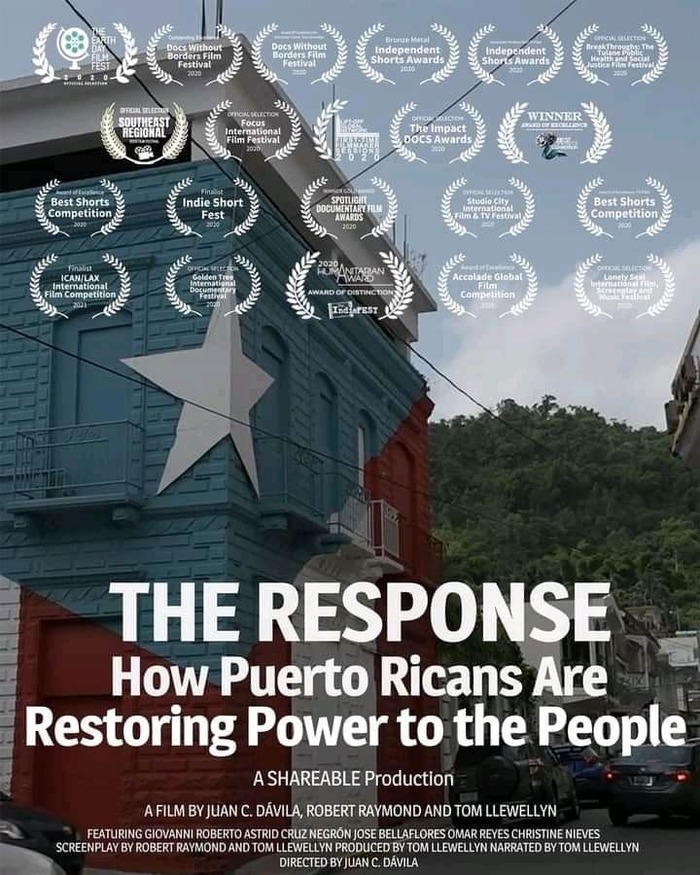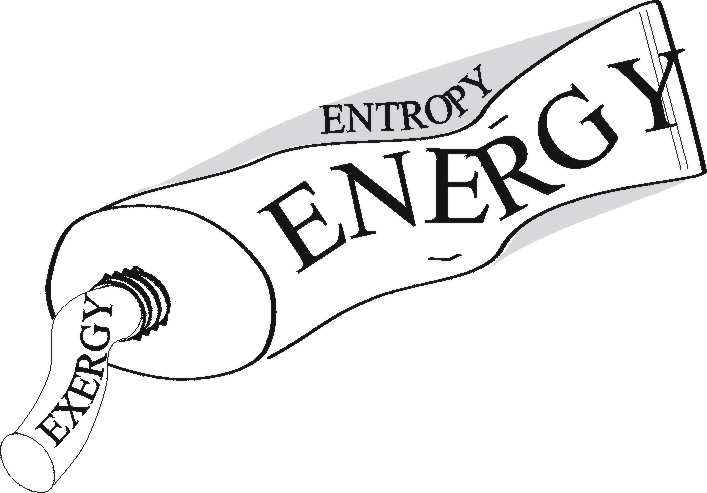believe: if not in God - believe humans can learn & be civilized - Rutger Bregman & the history of mankind - gov laws like software development?: garbage collection for laws?

if not in God, believe that humans can learn
What is the difference between humans and animals?
As Dutch historian Rutger Bregman points out in his book “Humankind – A Hopeful History” genetic wise – not much (really would not mind if the reader skips all the depressing parts of this book… WARNING! THIS BOOK CONTAINS A LOT OF DEPRESSING ASSUMPTIONS, THAT MIGHT EVEN BE WRONG!).

https://www.youtube.com/watch?v=6_nFI2Zb7qE
Imho humans (should be able) to learn faster than other species.
So these are the two things everyone HAS to believe in:
- humans can learn
- humans can be civilized
With those two believes, come two questions:
- Q1: no civilized rule set ever was perfect, who is in charge for improving it? (hopefully not the incompetent & corrupt?)
- Q2: will humans learn fast enough to escape “the great filters” of evolution, aka prevent disasters from happening, with unrestricted CAPITALISM CLEARLY NOT INCENTIVIZING = PREVENTING LEARNING & super (with exceptions) rich & the banks do not feel responsible for the survival of their own species…?
- SHOULD the incentives of EVERY system be placed on maximum survivability of the species = maximum sustainability of lifestyles?
- Would it be UTTER stupidity to NOT do that? (yes)
Bregman & The Neaderthals
Mr Bregman makes COMPLETELY FALSE ASSUMPTIONS, that a bigger brain, would equal to more intelligence.
On average: women have smaller brains, are they less intelligent?
No: ‘”Just like with height, there is a pretty substantial difference between males and females in brain volume, but this doesn’t translate into a difference in cognitive performance,” Nave says.’ (labroots.com)

If that was true, the “sperm wale” (having the biggest brain of all animals), would already have build a swimming pool Mars.
What can not be ruled out, is that the “evilness” of homo sapiens accelerated the extinction of the Neanderthals.
BUT there might also been partnerships between them.
“results of a 2010 project to map the Neanderthal genome showed that 1% to 4% of Middle Eastern and European DNA is Neanderthal DNA” (shortform.com)
“Neanderthals were fairly specialized to hunt large, Ice Age animals.”
“But sometimes being specialized isn’t such a good strategy.”
“When climates changed and some of those animals went extinct, the Neanderthals may have been more vulnerable to starvation.” (si.edu)
Assumption: While homo sapiens (probably) was here and there in conflict with the Neanderthals, imho homo sapiens was not the deciding factor when it comes to extinction of this species.
Same as the mammoth, the neanderthals (probably) fell victim of:
- (too fast) changing climate/environment
- not being able to adapt fast enough
… with ever faster climate change, a dire situation, homo sapiens will have to face too.
But have to say, yes Mr Bregman, homo sapiens “helped” many species to die out. But not all of them.
“The woolly mammoth (M. primigenius) was the last species of the genus.”
“Most populations of the woolly mammoth in North America and Eurasia, as well as all the Columbian mammoths (M. columbi) in North America, died out around the time of the last glacial retreat, as part of a mass extinction of megafauna in northern Eurasia and the Americas.” (Wiki)
During the time of the Dinosaurs, there were no homo sapiens (so this time can’t blame them)
Dinosaurs had no capitalism and clearly did not a good job at
- early detecting asteroids
- early redirecting (pushing away) asteroids
Mankind could do better, but will it do it?
Because what is for sure: if mankind sees a crisis coming, and does nothing, everyone can see that chances of survival for mankind are not great.
Right now the evolution of technology is remarkable, but what has not kept up is the evolution of inter-human civilization in the sense of a civilized living together – sustainably (non-sustainable means: it is going to end).
Society was “programmed” by a fiat-loan-money system – basically giving the banks all the power, corrupt politicians (Clinton) removing important protections that were put in place in the past because of devastating crisis (1929), which is simply asking for trouble.
Who is going to steer this boat? profit?
What profit?
Profit of the 1%?
And then? The end of it all?

https://www.youtube.com/watch?v=AbpXSM8WW4s
Settling on Mars will be a hard thing to do, especially if not a lot more of the 1% invest into
- making earth a better place
- even if Elon & Bezos think they can do it on their own, even with unlimited money, it will be VERY hard for them to make Mars a place where humans can breathe.
- The super rich 1% do not live in a complete vacuum,

- they too depend on a functional society
- a nation with roads without holes …
- a society that is NOT in a civil war like state
- a society, where everyone rich & poor can feel save, (or even better, where there is a strong middle class) that does not rob & kidnap rich people on a daily basis (as it is already happening in countries such as Brazil… where children of the better-off will have to drive in bullet-proof jeeps through various checkpoints to kindergarden… it takes 30min (!!!) just to pass all checkpoints, #what #the #serious #fuck?,
- that said:
gov laws like software development?: garbage collection for laws?
ok some rules clearly make no sense (some are from 1936 and definately need a rethinking).
Also Elon is right, when he says, there needs some sort of “garbage” collection of laws, otherwise, law is cluttered with laws that either make no sense or tie down everyone until nobody can do anything (because everything is forbidden).
BUT: the major problem is like with an old software system like MS DOS.
Can it be reformed? (very hard)
Or: (depending if the mess can be reformed, sometimes it might be better to “start from scratch”)
As with in software development: a list of cases needs to be kept, to test, if the new system can handle them all and better.
#money #alternative #systems #altcoopsys #alternatives #OsOfSociety #OperatingSystemsOfSociety #SystemPhilosophy #dinero #dollar #euro #yen #rubel #sustainability #resilience #complementary #complementarycurrency #cooperation #monetaryreform #financialreform #financialsystemreform #financialcrisis #mortagecrisis #debtcrisis #occupywallsreet #finance #moneysystem #financialsystem #economics #ecologicaleconomics #economy #capitalism #kapitalismus #system #mankind #humans #human #survival #earth #mars #elon #musk #bezos #amazon #spacex #philosophy #history #bregman
Originally posted at: https://altcoopsys.org/2022/04/26/believe-if-not-in-god-believe-humans-can-learn-be-civilized-rutger-bregman-the-history-of-mankind-gov-laws-like-software-development-garbage-collection-for-laws/
